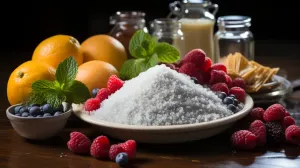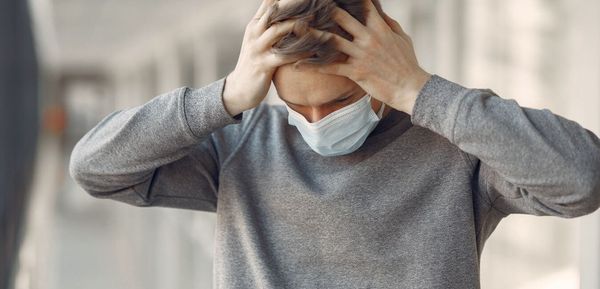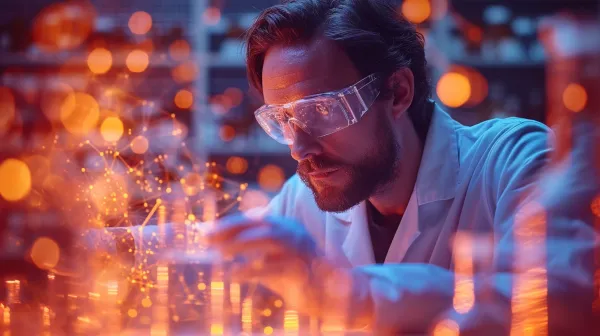1. What is the prostate’s role?
- It is the sperm liquid that nourishes and protects the spermatozoid.
- It creates a protein Prostate Specific Antigen (PSA) which helps the sperm to remain in liquid form after ejaculation.
- It controls the urinary flow and ejaculation by loosening or contracting its muscle fibers when urinating or when having an orgasm.
- It indicates that PSA, which is found in sperm and blood, can be useful for detecting prostate diseases.
2. What does the prostate look like?
It is about the size of a walnut and is located under the bladder, in front of the rectum. The prostate has two lobes surrounding the urethra, which connect the bladder to the penis and carry urine and sperm. If the prostate gets bigger, the urinary flow will become weak, but this does not mean that it is a sign of prostate cancer, but a sign to visit the doctor if the symptoms persist.
3. Is my prostate normal?
Here are some symptoms that should be considered if ubiquitous:
- Constant urge to urinate during the night (sudden need).
- Urine droplets before and after urination due to weak stream.
- Sudden erection problem.
- Pain during ejaculation.
- Pain when urine passes through the urethra.
- Blood in urine.
If these symptoms are present, it does not mean that it is due to cancer, as for example: the urinary stream pressure may be a sign of benign prostatic hyperplasia or prostatitis (inflammation and/or prostate infection). These symptoms indicate that a visit to the doctor is necessary. Never wait until the symptoms persist.
4. Is ageing a risk factor?
Generally, prostate cancer affects 50 years old men and older. Although, prostatitis (prostate inflammation) can affect men of all ages.
5. What is the PSA or APS test?
The prostate produces a protein called Prostate Specific Antigen (PSA). A small quantity of PSA is released in the bloodstream and in the ejaculation to liquefy the sperm and help the spermatozoid’s motion. It is normal to have a small amount of PSA, but in large quantity it can be the result of one of the following diseases:
- Large prostate (benign prostatic hyperplasia)
- Inflammation or prostate infection (prostatitis)
- Urinary infection
- Prostate cancer
6. Is prostate cancer genetic?
This is not a determining factor, but studies show that genetics may increase risks. So, it is good to look at your family tree.
7. Can the prostate be affected by one’s diet?
Oh yeah! Diet is the foundation! Consumption of fruits and vegetables of all colors will help you to absorb antioxidants to protect your prostate. Fish (3 times per week) such as mackerel, sardines or herring are very rich in vitamin D, essential fats, omega-3 and omega-6 useful to prevent inflammation. Selenium helps reducing the risk of prostate cancer by protecting cells from damage. It is also best to take a selenium supplement with vitamin E and zinc. You can also find these vitamins in brazil nuts, asparagus, brown rice or broccoli.
8. Can obesity affect the prostate?
Obviously, obesity doubles the risk of having any kind of cancer. By creating systemic inflammation and disturbing the hormonal balance, ingesting unhealthy food leads to all kinds of problems.
9. Can physical activity affect the prostate?
Being in shape is good for balancing our hormones, preventing obesity and strengthening our immune system. So many benefits when it’s done right! And it is never too late, even when prostate cancer patients do some exercise, they can perceive an improvement. Workout is part of the treatment!
https://www.netdoctor.co.uk/conditions/sexual-health/a10488/10-facts-every-man-should-know-about-his-prostate/
http://www.procure.ca/cancer-de-la-prostate/role-de-la-prostate/
http://www.procure.ca/cancer-de-la-prostate/tout-sur-le-depistage/tout-sur-laps/
https://www.naturalmedicinejournal.com/blog/zinc-prostate-cancer-may-not-be-good-idea










